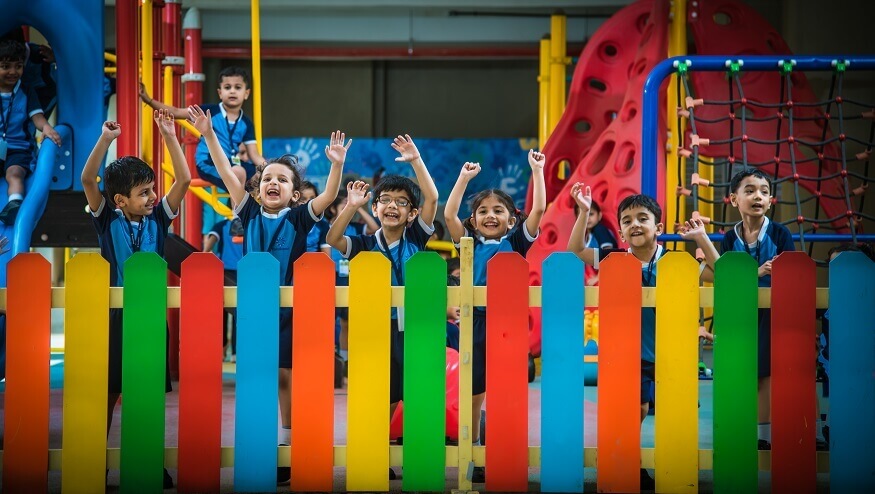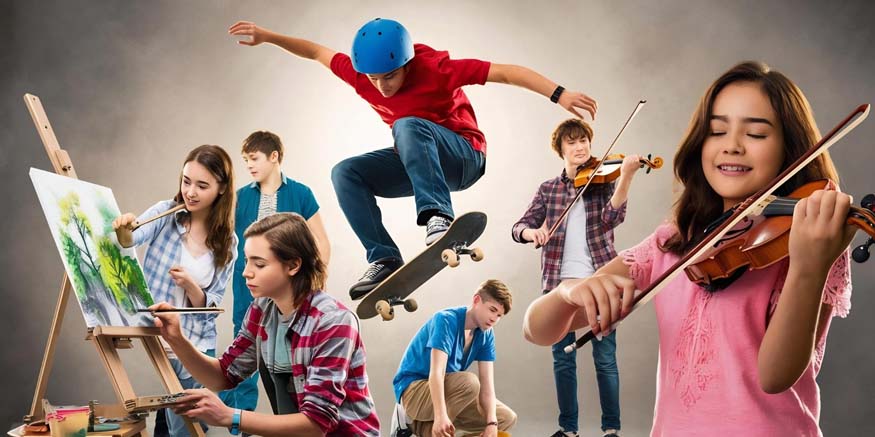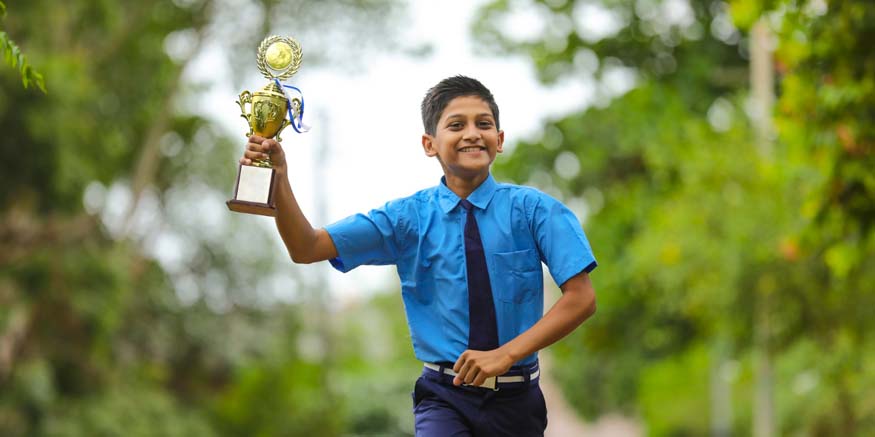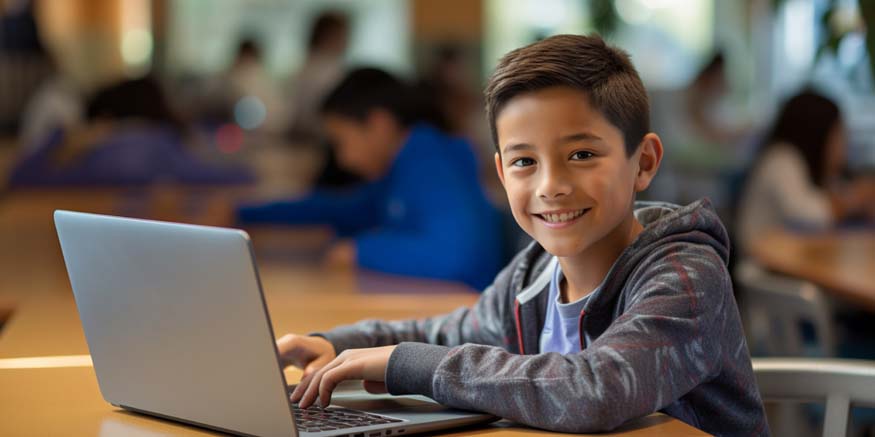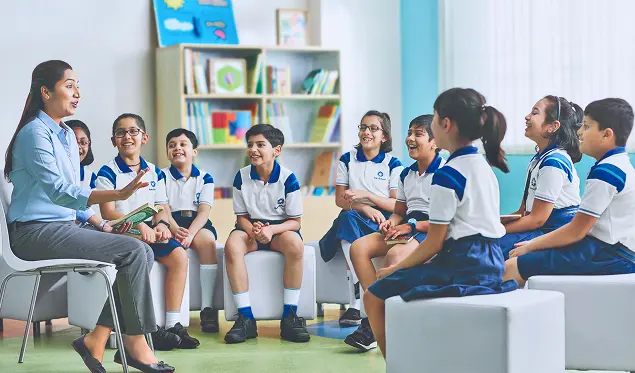Life skills are essential for children’s development and learning. They provide them with valuable tools to navigate various situations and challenges with confidence. These life skills for kindergarten students will have the opportunity to learn and feel like superheroes in the process. Through a series of carefully designed activities, children will develop incredible abilities. They will enhance their communication skills, problem-solving abilities, and teamwork. By working together, they will spread happiness and make a positive impact on their surroundings. Additionally, the adventure will develop into emotional intelligence, teaching children how to understand their feelings and express kindness towards others.
With the help of the life skill for kindergarten students, will learn to make thoughtful choices and engage in activities that bring them joy. Incorporating a variety of life skill activities for kindergarten, time management will also be a focus, allowing children to learn how to plan their days effectively while still leaving room for play and relaxation. As they practice respect, kindness, and good manners, they will develop strong friendships and foster an environment of love and laughter. By acquiring these valuable life skills, children will be well-equipped for future challenges and opportunities. This a is an opportunity for them to shine and demonstrate just how capable and awesome they truly are!
Life skills for kindergarten
- Activity 1:
- Activity 2:
- Activity 3:
- Activity 4:
- Activity 5:
- Activity 6:
- Activity 7:
- Activity 8:
- Activity 9:
- Activity 10:
Communication Skills – Show and Tell: In the “Show and Tell” activity, children actively enhance their communication skills by bringing something special from home and sharing it with their classmates. By actively expressing why the item is important to them and actively listening to their peers’ stories, children develop confidence in speaking and improve their listening skills. This activity expands their vocabulary and encourages them to articulate their thoughts and ideas effectively.
Also Read: 7 Important Life Lessons Kids Should Learn
Problem-Solving Skills – Building Blocks Challenge: The “Building Blocks Challenge” promotes problem-solving skills in children. By working together, children build tall towers using colorful blocks, encountering challenges along the way. Through active experimentation, critical thinking, and learning from mistakes, children develop their problem-solving abilities. They will learn to think creatively, find alternative solutions, and persevere to accomplish their goals.
Emotional Intelligence – Emotion Charades: Children actively cultivate their emotional intelligence through the “Emotion Charades” activity. By actively using facial expressions and body language to portray different emotions, while their peers guess the feelings being expressed, children enhance their emotional awareness and understanding. They actively learn to identify and manage their own emotions, actively develop empathy towards others, and actively practice healthy ways of expressing their feelings.
Responsibility – Classroom Helper: The “Classroom Helper” activity actively instills a sense of responsibility in children. By actively taking on important tasks, such as organizing supplies, maintaining tidiness, or caring for class pets, children actively contribute to the classroom environment. They will learn the importance of accountability, actively develop a sense of ownership, and understand the value of teamwork. This activity empowers children to take initiative and make a positive impact on their surroundings.
Decision-Making Skills – Yes or No Dilemmas: In the “Yes or No Dilemmas” game, children actively enhance their decision-making skills. By actively discussing different scenarios and actively deciding whether they are a “yes” or “no,” children actively engage in critical thinking. They actively weigh the pros and cons, actively consider consequences, and actively express their thoughts and opinions. This activity actively develops children’s confidence in decision-making and actively fosters their ability to make informed choices.
Collaboration – Group Art Project: The group art project actively promotes collaboration and teamwork among children. By sharing ideas, listening to others, and combining their creative skills, children create a collective masterpiece. They actively appreciate the diverse perspectives and learn the importance of valuing each other’s contributions. This activity cultivates effective communication, active cooperation, and active appreciation of different talents, actively building a sense of unity and achievement.
Time Management – Daily Schedule Chart: The “Daily Schedule Chart” actively helps children develop effective time management skills. With visual aids and engaging activities, children actively organize their day and actively complete tasks within specified timeframes. By actively managing their time, children actively learn the importance of structure, actively develop a sense of responsibility, and actively prioritize their activities. This activity actively empowers children to take control of their time and actively create a balanced routine.
Creativity -Imaginative Storytelling: Through imaginative storytelling, children actively unleash their creativity. By actively creating exciting adventures, actively inventing characters, and actively sharing stories with their peers, children actively develop their imaginative and narrative skills. They actively express their ideas, actively explore different perspectives, and actively engage their creativity. This activity actively encourages children to think outside the box, boosts their confidence in self-expression, and nurtures their creative thinking abilities.
Respect – Manners Match-Up: The “Manners Match-Up” game actively teaches children the importance of respect. By actively matching good manners with various situations, children actively learn how to demonstrate politeness, actively show gratitude, and actively consider the feelings of others. They actively understand the importance of respect in building positive relationships, actively develop empathy, and actively practice kindness. This activity reinforces the values of respect and promotes a harmonious and inclusive environment.
Healthy Habits -Healthy Snack Preparation: Through “Healthy Snack Preparation,” children actively cultivate healthy habits. By participating in washing, cutting, and arranging fruits and vegetables, children will learn about nutritious food choices and actively develop healthy eating habits. This activity empowers children to make conscious choices about their diet, actively promotes awareness of the importance of nutrition, and actively encourages them to actively prioritize their well-being. They actively become superheroes of their own health by making nutritious choices.
We can conclude that by actively participating in these ten engaging activities, kindergarten students actively acquire crucial life skills that will benefit them throughout their lives. The active development of communication, problem-solving, emotional intelligence, responsibility, teamwork, decision-making, time management, creativity, respect, and healthy habits empowers children to become the superheroes they have the potential to be.
Also Read: How Science Teaches Life Skills
Let us actively support these life skills and inspire our kinder gardeners as they actively embark on this incredible journey of growth and skill-building. Life skill activities for kindergarten are essential for their overall development. Together, we can shape a future generation of confident, capable, and compassionate individuals.
Conclusion:
Euroschool is a renowned chain of pre-schools and early childhood education centres that prioritize a child-centric approach to learning. At Euroschool, the teaching methodology revolves around a combination of play-based learning, interactive activities, and age-appropriate academic content. The activities around life skills for kindergarten students aim to nurture curiosity, creativity, and critical thinking in young learners, laying a strong foundation for their future educational journey.

